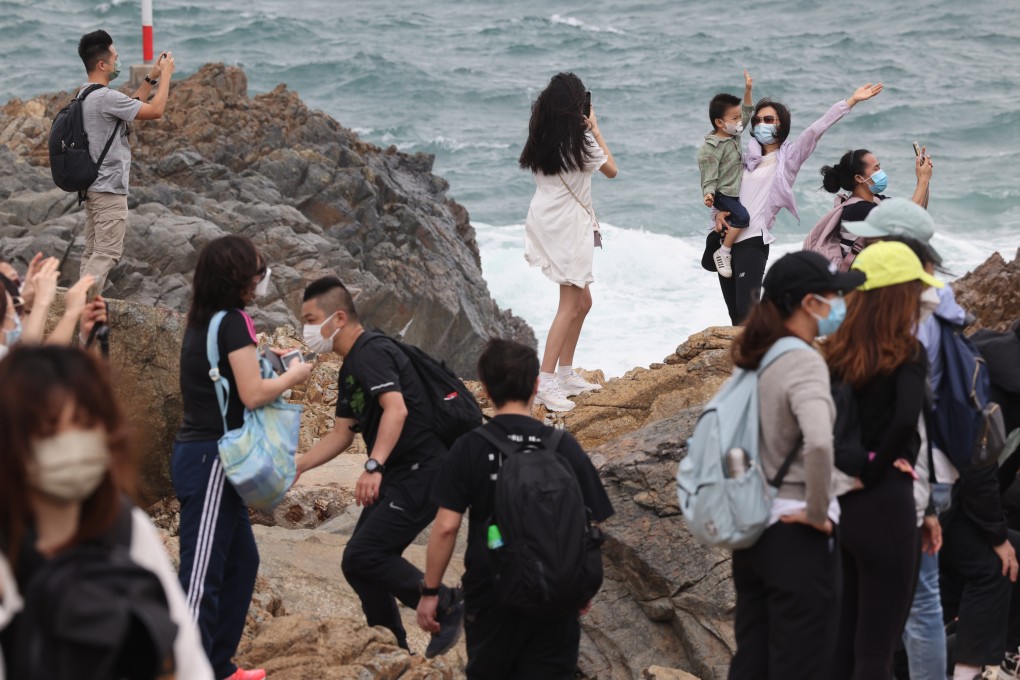Inside Out | History shows that we are still living in a time of exceptional peace and prosperity – we mustn’t throw it away on war
- Despite the struggles of the pandemic, we can count ourselves lucky to live in a period of relative stability, unlike those alive during the Cultural Revolution or world wars
- The rising threat of war and hunger today is a fresh reminder that peace and prosperity should not be taken for granted

I have been spending the past couple of weeks feeling sorry for myself. Bored by our hermit existence. Stressed by the terrible economic impacts of the pandemic. Angry at the ineptitudes of Carrie Lam Cheng Yuet-ngor’s government. Jealous to see friends in other parts of the world resume normal life. Shocked by the years that have passed since I have been able to see my closest family and friends.
But is this self-pity really justified? Damaging though Lam’s policies have been to our economy and Hong Kong’s long-term future, we have no ruinous hardship to compare with Ukrainians in Mariupol, or families cowed by Taliban rule in Afghanistan, or famine-stricken Ethiopians.
As I have angrily reflected on the “lost years” since the middle of 2019, in particular for our schoolkids and their lost school and university years, I have been prompted to think about other “lost generations” – and how our current era of hardship compares. I recall three in particular.
First, China’s Cultural Revolution. This has particular resonance for me because I was born in 1950. If I had been born inside China, I would have been aspiring to head off to university just as Mao Zedong unleashed the Cultural Revolution on the country. As a bookish, geeky teen, I would for sure have fallen victim to the Red Guards’ vicious self-criticism campaigns. I would probably have been rusticated down to the countryside for “education through labour”.
While schools began to reopen in 1970, China’s universities were not properly reopened until 1977 when China’s famously gruelling university entrance exams – the gaokao – were held for the first time in more than a decade, open not just to school-leavers but to that “lost generation” swept up in the anarchy of the Cultural Revolution years.
Would I have been among the 5.7 million people that sat the gaokao? More significant, would I have been among the 273,000 who passed? Or would I have remained stuck down in Gansu, grubbing a bare living as a peasant farmer? At the very least, there would have been a decade-long “black hole” filling what is perhaps the most formative decade in anyone’s life.
